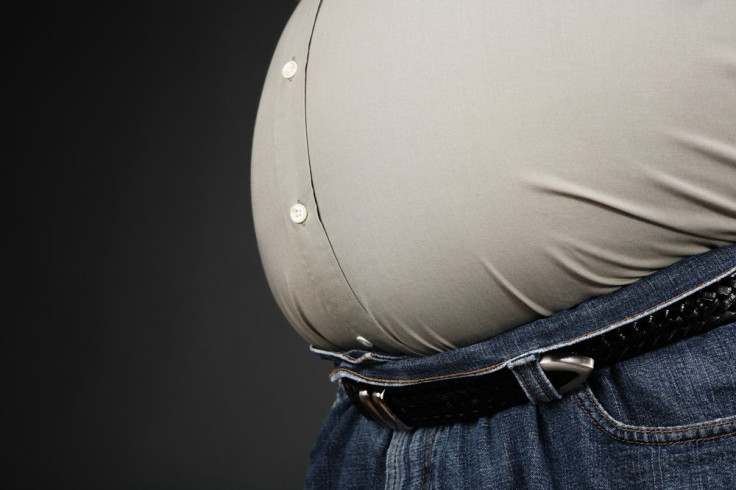Targeting The Hunger Nerve May Help The Severely Obese Lose Weight, But There Are Caveats

More than a third of U.S. adults are obese, putting them at risk of heart disease, type 2 diabetes, and certain cancers, yet it’s difficult for many of them (mostly the severely obese) to lose the weight and keep it off — lifestyle interventions and medications only help for so long. Bariatric surgery is another option, but questions regarding its long-term effectiveness and its invasiveness make some apprehensive. In looking to alleviate these concerns, a new procedure that targets the nerve responsible for hunger may help, but it also comes with its own uncertainties.
The vagus nerve is one of the most complex nerves in the body, running from the brain all the way down to the abdomen, providing nerves to different organs in the process, including the stomach. Along with helping the stomach move food toward the rest of the digestive system, the vagus nerve also helps a person know when they’re hungry or full. In obese people, studies have shown that the vagus nerve may eventually become desensitized, causing them to continue eating even when they’re full.
For the current study, researchers from the University of Minneapolis wanted to determine the effectiveness of a device that uses electrodes to block the vagus nerve from communicating feelings of hunger. They tested the device on 162 severely obese participants whose body mass indexes (BMIs) were between 35 and 45, and who had one or more obesity-related condition. Meanwhile, another 77 participants with the same qualities were assigned to a control group. Both groups underwent a course on weight management.
The researchers found that the procedure was mildly effective in reducing weight over the short term. A year after it, participants lost an average of 24.4 percent of their excess weight, while those in the control group only lost about 16 percent. When they broke it down, they found that 52 percent of participants who underwent the procedure lost 20 percent of excess weight, while 38 percent lost at least 25 percent.
Though there was certainly weight loss, the procedure fell short of being as effective as the researchers had hoped, at least when it came to their measured results. They noted, however, that it was likely that the “sham group weight loss was due to a placebo effect of surgery, daily self-monitoring reinforced by interaction with the sham device to recharge the battery, and participation in the weight management program.”
Could it be that they wouldn’t have lost as much weight if they weren’t given the same instructions as the group that got the device? Perhaps. Although that’s something that will be determined in future studies.
Source: Ikramuddin S, Blackstone R, Billington C, et al. Effect of Reversible Intermittent Intra-abdominal Vagal Nerve Blockade on Morbid Obesity: The ReCharge Randomized Clinical Trial. JAMA. 2014.



























